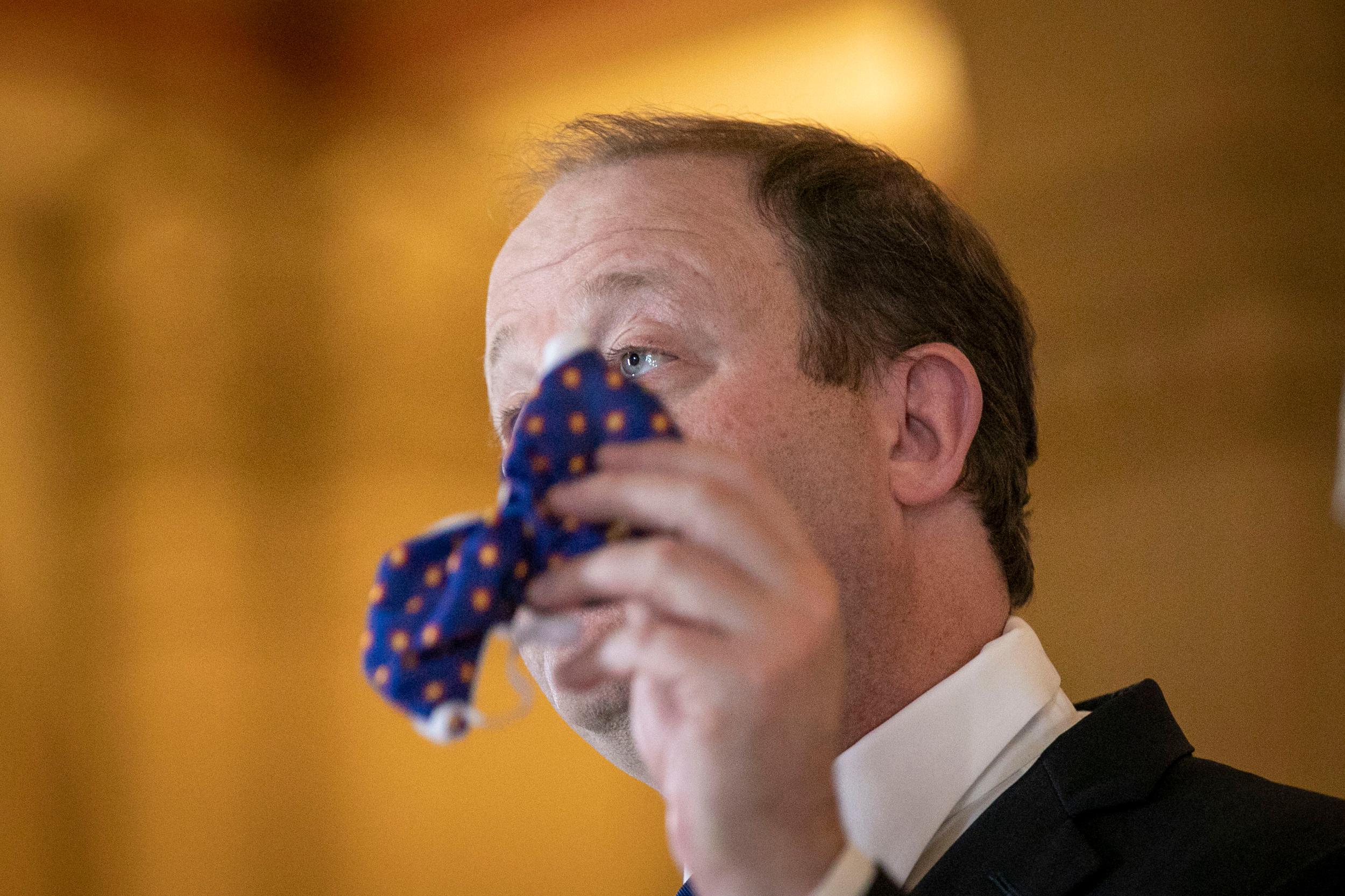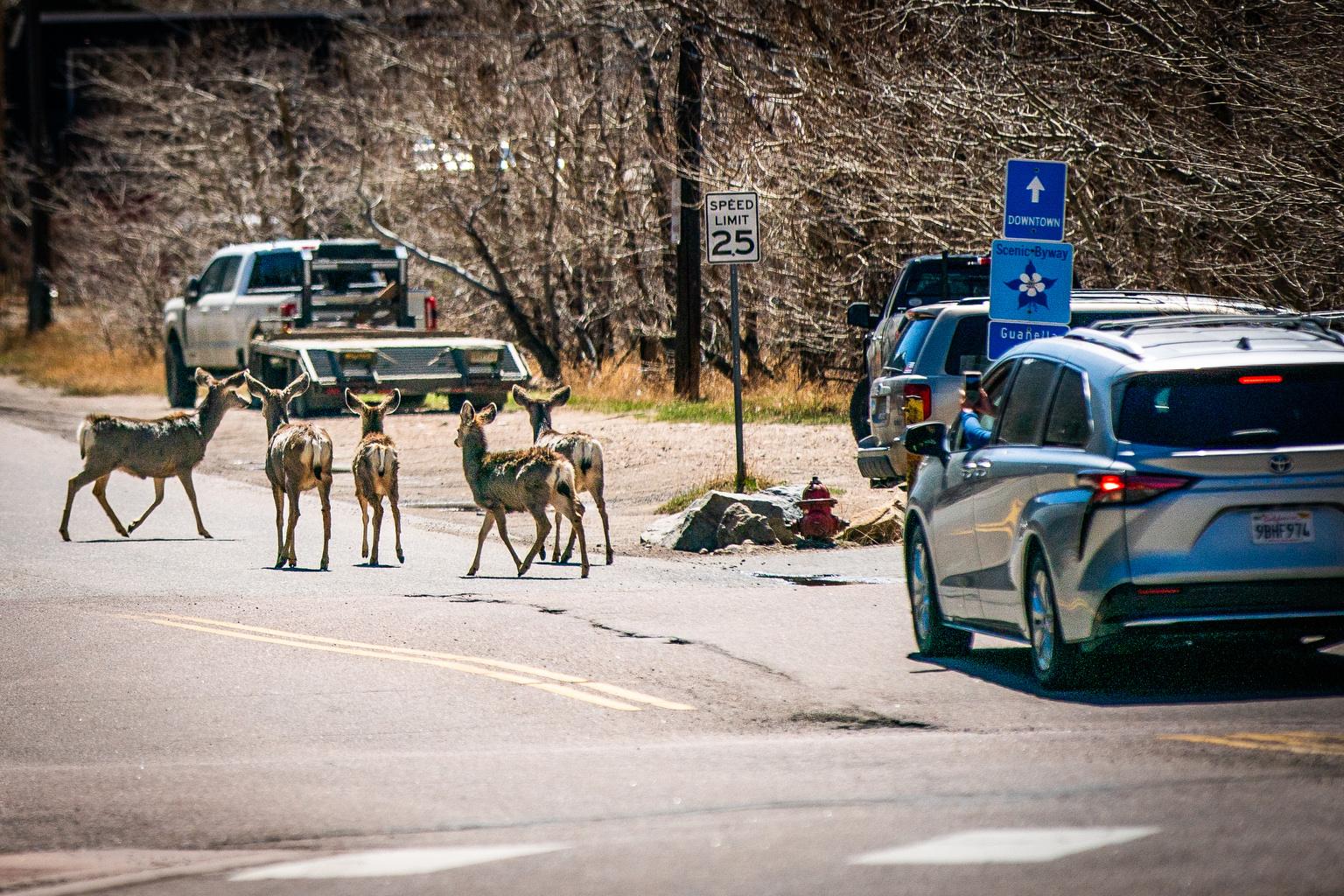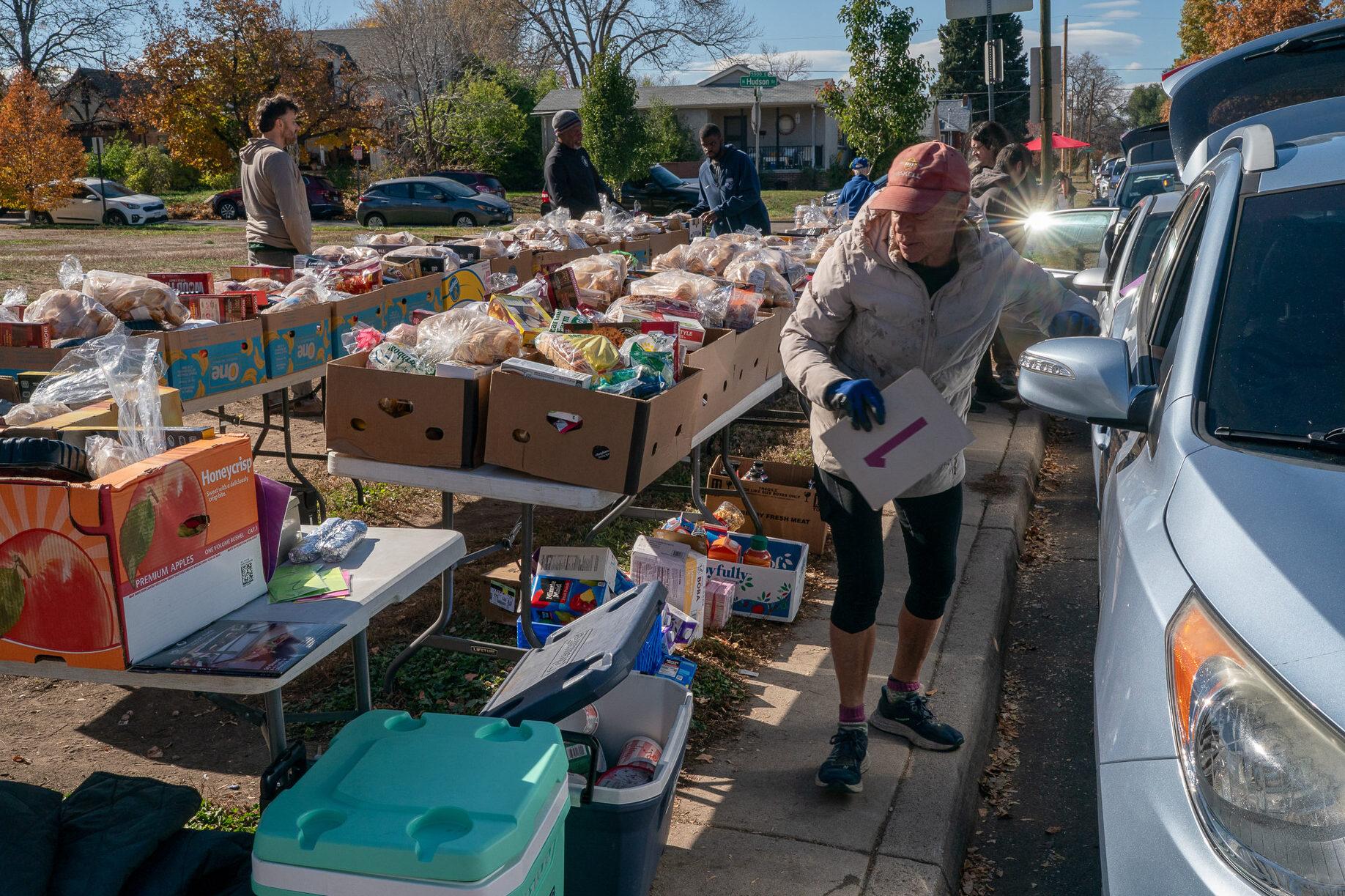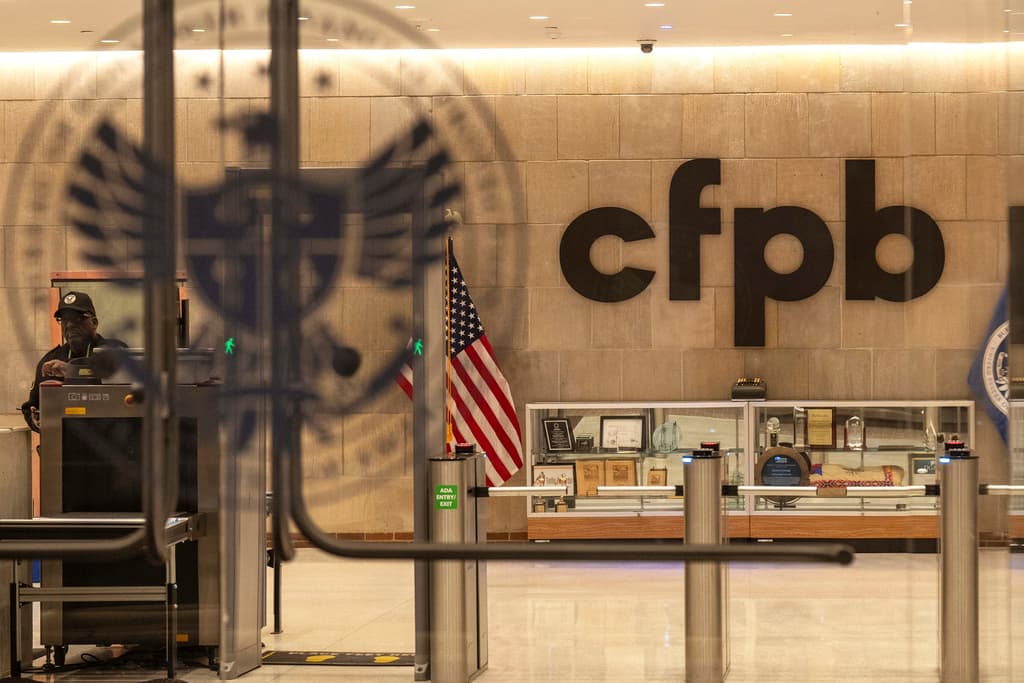
For weeks, Gov. Jared Polis has faced questions about Colorado’s approach to testing for the novel coronavirus.
Those questions became more pointed when the state moved to lift the stay-at-home order, as testing can play an important role in workplace safety. With people starting to head back into work this week in retail and other sectors, some hospitals have started offering individual antibody tests.
“Everybody wants to know whether that mild illness that they had in February was COVID-19,” said Dr. David Beuther, chief medical information officer for National Jewish Health in Denver. The respiratory hospital offers antibody tests for purchase. Those quickly ran out as people rushed to get tested.
Polis said Monday he’d address many of those questions and give an update on where the state is on ramping up testing, as well as other tools for tracking and containing the spread of the disease.
“It's an important part of our four-tier strategy to contain the disease right over the next month and months,” he said at a press conference. He said to expect an update by Wednesday, with details on the state’s testing plan.
He will speak Wednesday and we’ll be listening for that promised update. Here’s what we’re interested in hearing:
Will the state make more diagnostic tests available to the general public? And if so, how?
So far, Colorado has made sure front-line workers, people working and living in assisted living facilities and the sickest patients were first in line for tests. Those policies are likely a big reason behind Colorado's relatively high positivity rate for COVID-19 tests — by testing the people most likely to have contracted the disease, we’ve found many people who’ve contracted the disease.
According to the COVID Tracking Project, about a fifth of people who take a diagnostic test have the disease. But in focusing on testing people who were already displaying symptoms, epidemiologists believe that means people who might be "silent carriers" are going unnoticed and risk spreading the disease further as the state reopens pieces of the economy.
“You don’t know how to put out the fire if you can’t see the light,” said May Chu, a clinical professor at the Colorado School of Public Health who has advised the Centers for Disease Control and Prevention and the World Health Organization.
To get a better sense of how widespread the disease is, the tests would need to be much more available. We’ll be listening for how the state will go about that and who will be next in line for diagnostic tests as they become more available.
Will the governor set a specific testing goal?
Colorado lags behind other nearby states and will need to bump up its testing numbers to catch up in a significant way. Healthcare workers also say it will be crucial to ramp up rapid testing, and shorten the time between test and result, though turnaround times have been improving.
Polis has avoided stating a specific level of testing he expects statewide, but one estimate from Harvard’s Global Health Institute found Colorado needs to be able to do roughly 16,000 tests per day.
“We need to get testing capacity up to a level where we have eliminated backlogs and delays,” said emergency preparedness expert Glen Mays at the CU School of Public Health. He said that estimate "strikes me as a reasonable and feasible approximation for the relatively near term.”
State health officials have said they have the capacity for 10,000 tests a day but the state has never reached that, largely due to supply shortages. The number of tests conducted by the state has ticked up a bit in recent days, to just above 3,000 for several days in the past week. (Note: State data includes a big spike on April 23. That’s due to a big backlog of tests being added.)
We’ll be listening for details on where Polis wants to get and how he’ll clear barriers to get there. We’ll also be listening for how close the state is to its desired level of testing. Polis has mentioned large shipments of tests and supplies coming into the state, but we’re curious how close those get us to where we need to be.
What is the state doing about splintered and slow supply chains?
Polis has frequently discussed the difficulty of securing tests, supplies like swabs and reagents and the protective equipment necessary for health care and lab workers. But last week, he celebrated the impending arrival of thousands of swabs and tests and touted the state’s ability to get many more masks, gloves and ventilators.
Hospitals and suppliers told CPR News that the supply chains were beginning to stabilize, and materials were trickling into the state. But there are still shortages and healthcare workers said the state still had a long way to go.
We’ll be listening for whether Polis offers more details on collaborations with universities and the private sector, and what the state is doing to compete for supplies in the marketplace.
What role will antibody tests play in a statewide testing strategy?
At previous press conferences, Polis has indicated these tests will play a role in the state’s testing plan, but we’re hungry to know more.
The tests look for the molecules or antibodies the body releases to fight a virus. They don't show whether someone has an early infection but can offer a strong hint that someone was infected in the past.
Other states have used the tool to get a better picture of the spread of the disease. It'll be interesting to see if Polis would like to try something similar and how he hopes antibody tests can better inform the state's response.
More tests are great, but what about contact tracers and isolation plans?
At past press conferences, Polis has said testing doesn't matter much if you don't have the staff to track down and isolate contagious citizens. State epidemiologist Rachel Herlihy has said Colorado is working to hire 50 new epidemiologists to assist with contact tracing.
Some counties and health departments are working separately to expand their workforce to track down and isolate infected members of the public. Others say they are still too overwhelmed by cases to track everyone who could have come in contact. They have put contact tracing on hold until the caseload comes down to a more manageable level.
Other states have pursued more aggressive plans for tracing webs of possible infections. For example, Massachusetts has launched a $44 million program to hire 1,000 contact tracers to assist its efforts to contain the virus.








